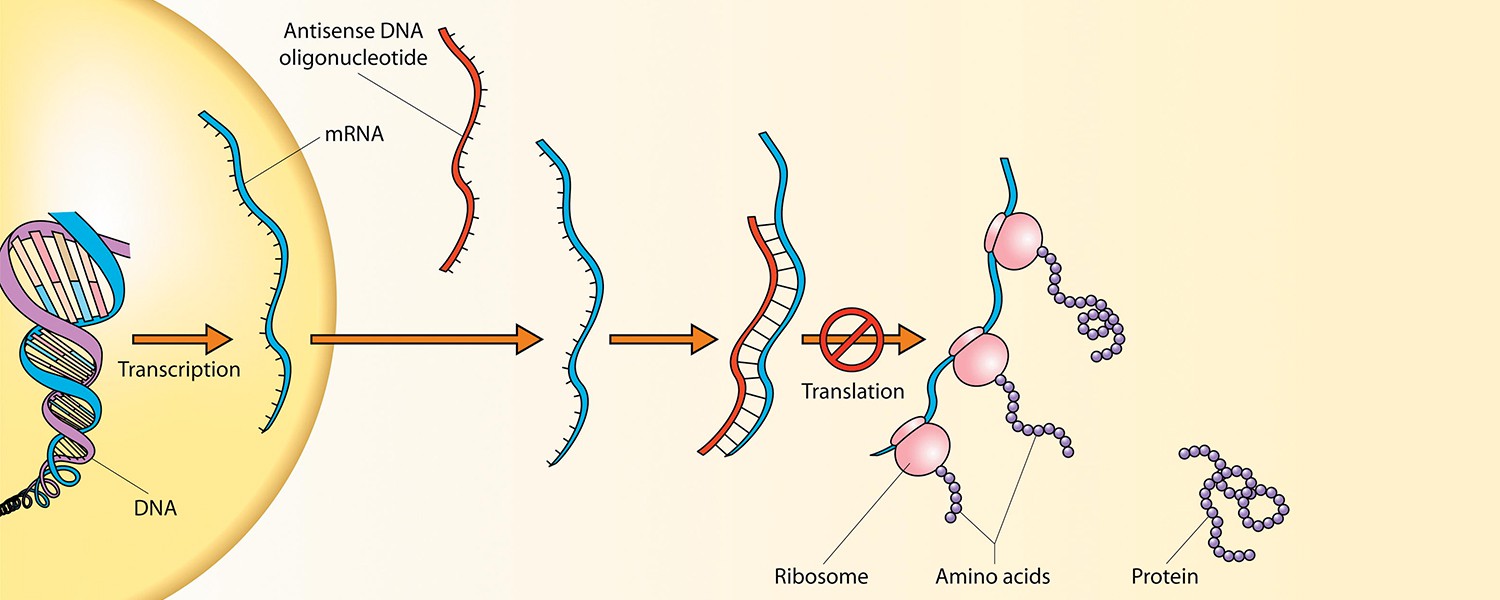MECP2 Duplication Syndrome is Reversible

In 2007 Adrian Bird rocked the Rett world with the unexpected news that Rett symptoms in mice were dramatically reversible. With the advent of a mouse model for the MECP2 Duplication Syndrome a big question loomed – would the duplication disorder also be reversible? Today, with a paper in Nature , Huda Zoghbi and her lab member Yehezkel Sztainberg, answer that question with a resounding YES!
These two extraordinary experiments tells us that the MeCP2 protein is quite remarkable. Remove the protein at any time during the mouse lifecycle and symptoms of Rett ensue, put the protein back and symptoms go away. Too much protein gives us duplication symptoms, normalize the protein levels and the symptoms go away. This is a unique situation in the world of neuroscience.
To treat duplication patients the extra copy of the MECP2 gene will need to be silenced. One way to achieve this is to use antisense oligonucleotide therapy which interferes with protein production.

Dr. Zoghbi showed that as the protein levels were restored to normal the symptoms in the mice went away. Work in the Zoghbi lab is now ongoing to fine tune exactly how much the protein should be reduced. We have to be careful not to trade the duplication syndrome for Rett Syndrome.
The exciting results reported today are the culmination of the first project awarded by the MECP2 Duplication Syndrome Fund at RSRT and financially supported by duplication families around the world. Congratulations to all involved. Upward and onward.


